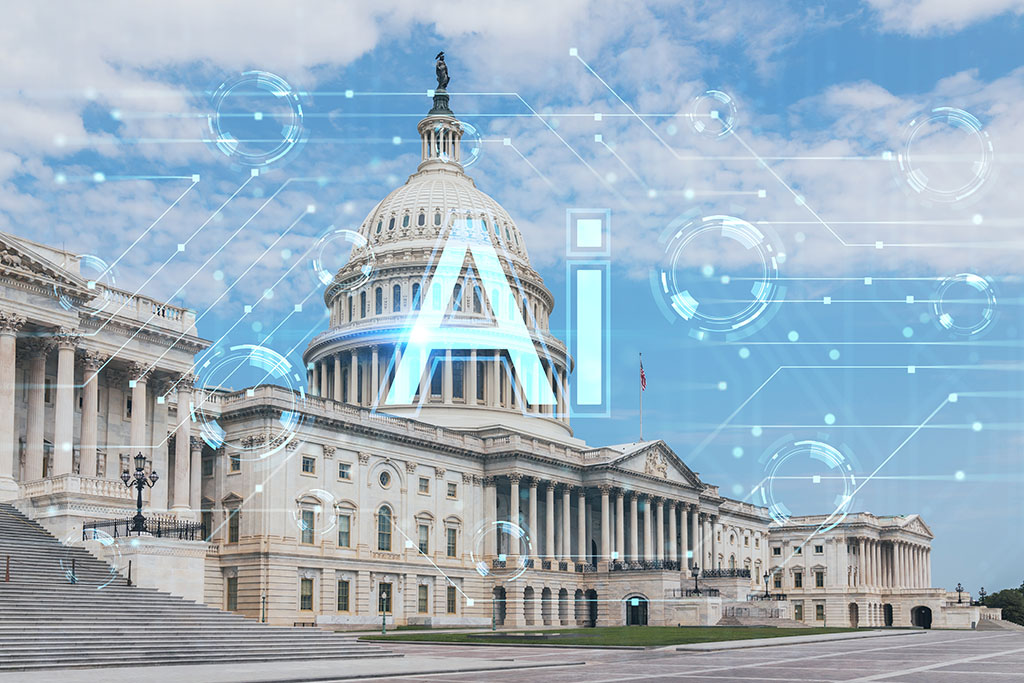
Trump vs. Harris on Technology Regulation and How They Would Affect AI, Cryptocurrencies, and Data Privacy
The 2024 U.S. presidential campaign has placed technology regulation front and center. Both candidates have laid out their visions, focusing on artificial intelligence (AI), cryptocurrencies, and data privacy. However, there are stark differences in how Donald Trump and Kamala Harris view the regulation of these transformative technologies. This article compares their records and highlights key points of divergence.
AI Regulation and Algorithmic Harms
Artificial intelligence is reshaping industries and everyday life. Its impact is visible in hiring processes, lending decisions, and even criminal justice systems. One significant concern is algorithmic harm—when biases in AI systems reinforce discrimination, as in the case of lending algorithms that disadvantage minority groups.
IS YOUR COMPUTER SECURE?
FREE Malware Removal
Detect & Remove Adware, Viruses, Ransomware & Other Malware Threats with SpyHunter (FREE Trial)
IS YOUR COMPUTER SECURE?
FREE Malware Removal
Detect & Remove Adware, Viruses, Ransomware & Other Malware Threats with SpyHunter (FREE Trial)
IS YOUR COMPUTER SECURE?
FREE Malware Removal
Detect & Remove Adware, Viruses, Ransomware & Other Malware Threats with SpyHunter (FREE Trial)
Kamala Harris has been vocal about the need to address these issues. At the AI Safety Summit in November 2023, she raised concerns over deepfakes and algorithmic bias. The Biden-Harris administration has already issued an executive order that acknowledges the risks AI poses to civil rights. The Federal Trade Commission has also stepped in to prevent harmful uses of AI.
Trump, by contrast, has taken a more hands-off approach. While his administration did not take a firm stance on algorithmic harms, Trump has recently recognized the risks posed by technologies like deepfakes. His willingness to engage with these risks might indicate a shift in his views on AI regulation.
Setting Technological Standards
The Trump administration did, however, make strides in AI research. The American AI Initiative of 2019 doubled investments in AI research and set the foundation for national AI standards. His executive order also promoted “trustworthy AI” in federal agencies.
Harris has gone a step further by focusing on regulating large-scale AI models. In 2023, she convened major tech companies, including Google and Microsoft, to set voluntary commitments that safeguard individual rights. The Biden-Harris administration is also probing the vulnerabilities of AI models like OpenAI’s ChatGPT, emphasizing the need to protect these systems from cybersecurity threats.
Antitrust Enforcement
Trump’s antitrust record includes attempts to block large mergers like AT&T’s acquisition of Time Warner, as well as a case against Google’s dominance in internet search. His administration’s actions aimed to restrict monopolistic practices but ultimately allowed the AT&T-Time Warner merger to proceed.
Harris and the Biden administration have been more aggressive in their antitrust push. In 2021, Biden signed an executive order targeting mergers, unfair competition, and data aggregation. The administration has filed high-profile antitrust cases against Apple and Google, signaling a stronger commitment to breaking up tech monopolies. The 2023 merger guidelines outline clearer rules for when acquisitions can be deemed anticompetitive.
Cryptocurrency Regulation
Cryptocurrency is another area where Trump and Harris diverge. Trump’s stance evolved over time. While his administration proposed identity verification regulations for cryptocurrency transactions, Trump later shifted, criticizing existing U.S. crypto laws and calling for the country to become a leader in Bitcoin. Notably, his 2024 campaign is the first to accept cryptocurrency payments.
In contrast, the Biden-Harris administration has taken a more cautious approach. The Securities and Exchange Commission has imposed stricter regulations and enforcement actions, and the administration blocked the Financial Innovation and Technology for the 21st Century Act, a bill that could have favored the crypto industry.
Data Privacy
Data privacy remains a patchy issue in the U.S. Both candidates have addressed the need for privacy legislation, but neither has provided a comprehensive federal framework. The Biden administration’s AI executive order calls for privacy protections but lacks detailed legislative action. Trump’s American AI Initiative also touches on privacy but in vague terms, without concrete enforcement mechanisms.
States have been left to fill the gaps, creating a patchwork of privacy laws across the country. This inconsistency highlights the pressing need for federal data privacy legislation—a gap both candidates have yet to address fully.
Trump and Harris offer contrasting visions for the future of technology regulation. Trump’s policies focus on promoting AI research and maintaining a more hands-off approach to regulation. Harris, on the other hand, emphasizes consumer protection, algorithmic fairness, and antitrust enforcement. As technologies like AI and cryptocurrency continue to evolve, the next president will shape how these powerful tools are regulated.
The debate underscores a critical question: Should the government take a more active role in regulating technology to protect consumers and competition, or should it focus on fostering innovation with fewer restrictions? The answer will influence the future of the U.S. tech landscape.